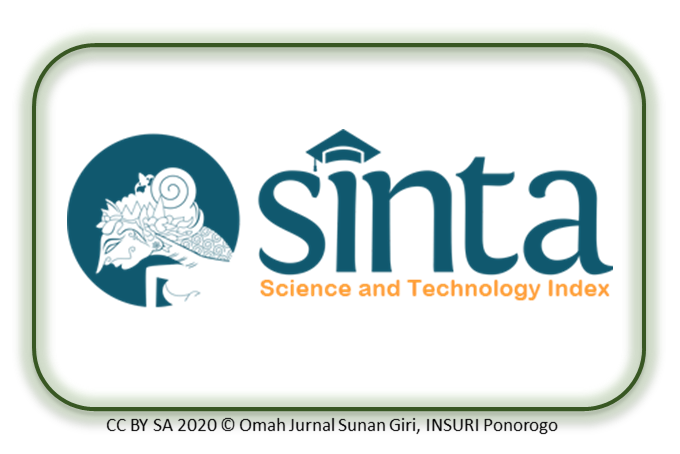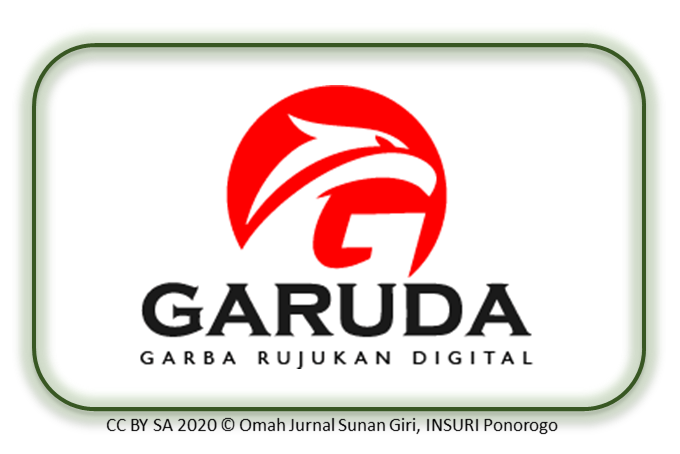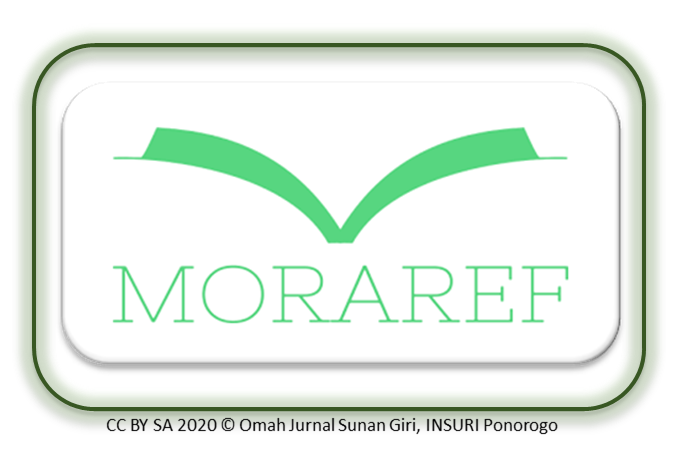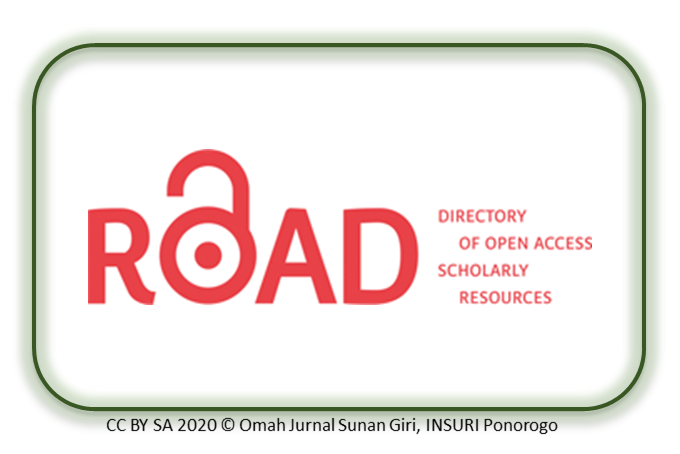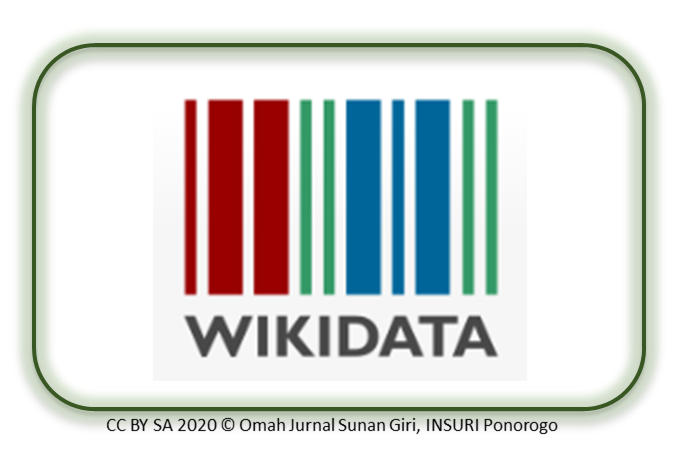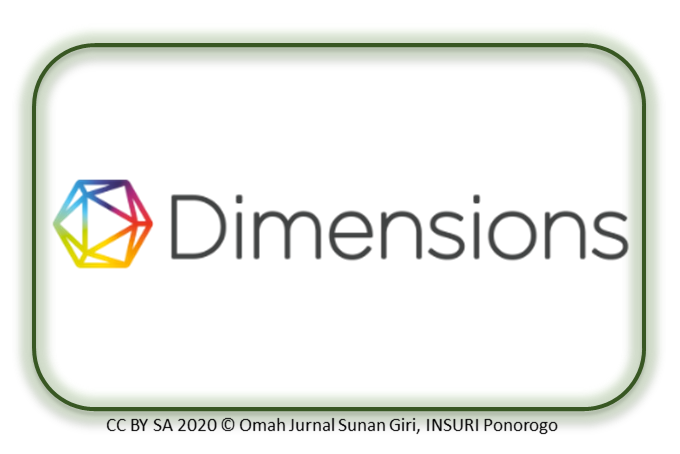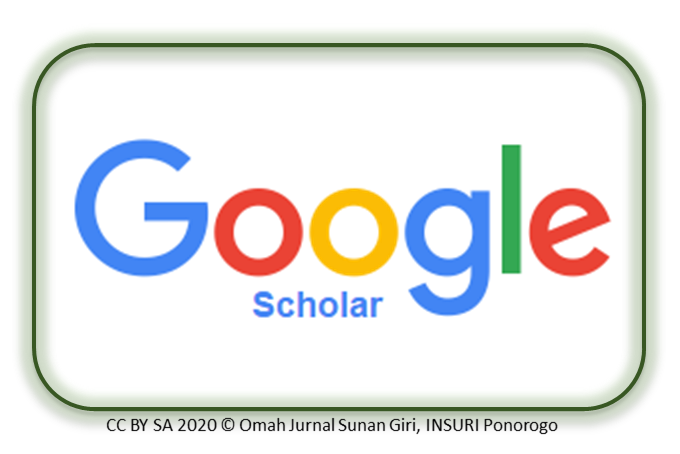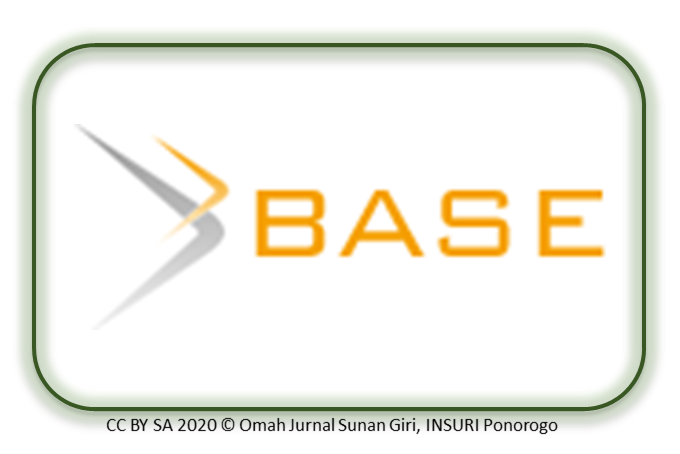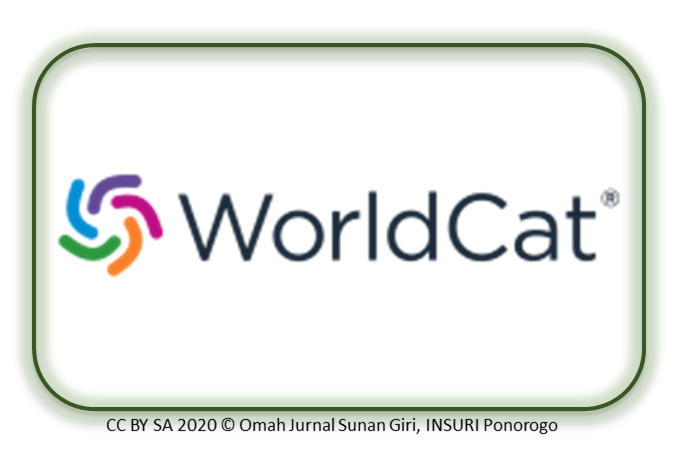Bahasa, Status Sosial, Dan Pendidikan: Pendekatan Sosiolinguistik
Abstract
This study explores the complex relationship between language, social status, and education through a sociolinguistic approach. This study uses a literature review approach to collect, analyze, and synthesize existing literature regarding the relationship between language, social status, and education. This approach was chosen to provide a comprehensive understanding based on previously published research and theories. The main sources of data in this literature review are journal articles, books, research reports, and relevant policy documents. The results of this study show that language functions not only as a means of communication but also as a marker of social identity and cultural ownership. Sociolinguistics examines how language and dialect choices reflect and reinforce social hierarchies in society. Social status, often associated with linguistic proficiency in the form of prestigious or standard language, affects access to educational opportunities and socio-economic mobility. Access to quality education, in turn, is closely linked to socioeconomic backgrounds, with children from higher socioeconomic backgrounds generally having greater access to educational resources and better academic outcomes. Policies that recognize and support linguistic diversity in education can promote social justice and strengthen cultural identity in society. Understanding these dynamics is essential for developing inclusive education policies that address social inequalities and ensure equitable access to educational opportunities for all members of societyReferences
Adlini, Miza Nina, Anisya Hanifa Dinda, Sarah Yulinda, Octavia Chotimah, and Sauda Julia Merliyana, ‘Metode Penelitian Kualitatif Studi Pustaka’, Jurnal Edumaspul, 6.1 (2022), 974–80
Alexander, Neville, Language Policy and National Unity in South Africa/Azania (Buchu Books Cape Town, 1989)
Banks, J A, ‘An Introduction to Multicultural Education (4th Eds)’ (Boston, MA: Pearson Publication, 2008)
Chetty, Raj, Nathaniel Hendren, Patrick Kline, and Emmanuel Saez, ‘Where Is the Land of Opportunity? The Geography of Intergenerational Mobility in the United States’, The Quarterly Journal of Economics, 129.4 (2014), 1553–1623
García, Ofelia, and Angel M Y Lin, ‘Translanguaging in Bilingual Education’, Bilingual and Multilingual Education, 2017, 117–30
Heckman, James J, ‘The Economics of Inequality: The Value of Early Childhood Education.’, American Educator, 35.1 (2011), 31
Heller, Monica, and Alexandre Duchêne, ‘Language in Late Capitalism’, Pride and Profit: Routledge Critical Studies in Multilingualism, 2012
Hornberger, Nancy H, and David Cassels Johnson, ‘Slicing the Onion Ethnographically: Layers and Spaces in Multilingual Language Education Policy and Practice’, Tesol Quarterly, 41.3 (2007), 509–32
Lareau, Annette, ‘Unequal Childhoods: Class, Race, and Family Life’, in Inequality in the 21st Century (Routledge, 2018), pp. 444–51
Marginson, Simon, ‘Globalization in Higher Education: The Good, the Bad and the Ugly’, in Reimagining Globalization and Education (Routledge, 2022), pp. 11–30
Paramita, Nurhapsari Pradnya, ‘Implementasi Pendekatan Sosiolinguistik Dalam Pembelajaran Bahasa Arab’, AL-MANAR: Jurnal Komunikasi Dan Pendidikan Islam, 6.2 (2017), 163–92
Piller, Ingrid, Linguistic Diversity and Social Justice: An Introduction to Applied Sociolinguistics (Oxford University Press, 2016)
Ramendra, D P, ‘Variasi Pemakaian Bahasa Pada Masyarakat Tutur Kota Singaraja’, Jurnal Ilmu Sosial Dan Humaniora, 2.2 (2013)
Reardon, Sean F, ‘The Widening Academic Achievement Gap between the Rich and the Poor’, in Social Stratification (Routledge, 2018), pp. 536–50
Reay, Diane, ‘Miseducation: Inequality, Education and the Working Classes’, International Studies in Sociology of Education, 27.4 (2018), 453–56
Rosyidah, Risvi Uly, Hamim Hamim, and Abd Hamid Cholili, ‘ATTENTIONAL DISTRACTION IN APP-BASED LANGUAGE LEARNING WITH MOBILE PHONES: A LITERATURE REVIEW’, J-Simbol: Jurnal Magister Pendidikan Bahasa Dan Sastra Indonesia, 12.2 Sep (2024), 478–93 <https://doi.org/10.23960/J-SIMBOL>
Sari, Ifit Novita, Lilla Puji Lestari, Dedy Wijaya Kusuma, Siti Mafulah, Diah Puji Nali Brata, Jauhara Dian Nurul Iffah, and others, Metode Penelitian Kualitatif (Unisma Press, 2022)
Tajuddin, Shafruddin, Siti Ansoriyah, and Syamsi Setiadi, ‘Sosiolinguistik: Sebuah Pengantar Kajian Sosiologi Bahasa’, 2024
Triyanto, Triyanto, Fuzi Afiza Fauziyah, and Muhammad Tesar Hadi, ‘Bahasa Sebagai Pendidikan Budaya Dan Karakter Bangsa’, Jurnal Salaka: Jurnal Bahasa, Sastra, Dan Budaya Indonesia, 1.1 (2019)
Wardhaugh, Ronald, and Janet M Fuller, An Introduction to Sociolinguistics (John Wiley & Sons, 2021)
Copyright (c) 2024 Fadhli, Aprijon Efendi, Nandang Syarif Hidayat

This work is licensed under a Creative Commons Attribution-NonCommercial-ShareAlike 4.0 International License.
Contents on this site are licensed under Creative Commons Attribution-NonCommercial-ShareAlike 4.0 International (CC BY-NC-SA 4.0)

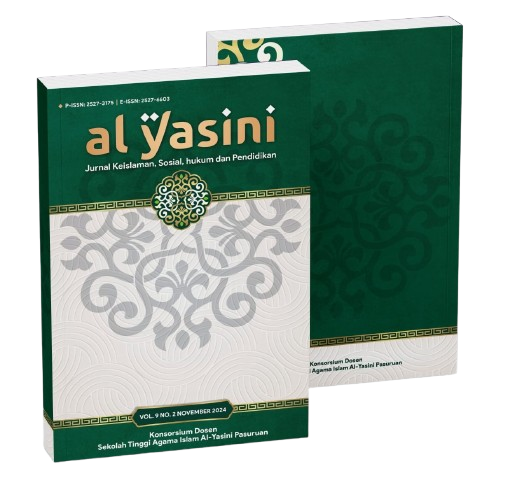

1.png)

